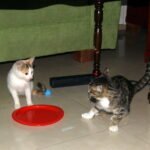Have you ever witnessed your cat stubbornly pawing, scratching, or even yowling at a closed door, as if their world might just end if it doesn’t swing open? It’s a scene every cat lover knows too well, and it can feel both hilarious and a little bit exasperating. But behind those plaintive meows and insistent paws lies a surprisingly deep and complex set of reasons. Today we’re unlocking the mystery: Why do our feline friends seem to despise closed doors with such dramatic passion?
The Call of Curiosity

Cats are legendary for their curiosity. From the moment they hear a faint noise or see a shadow under the crack, their interest is piqued. For a cat, a closed door is like an unopened treasure chest — what if something fascinating waits on the other side? This deep need to investigate is hardwired into their instincts. If you’ve ever tried wrapping a present with a cat in the room, you know how their curiosity can override everything else. To a cat, a closed door is simply a puzzle begging to be solved.
Territory and Ownership

Cats are notoriously territorial creatures. Your home isn’t just your space, it’s theirs, too. When a door is closed, it sends a message to your cat: “This part of your territory is off-limits.” That doesn’t sit well with most felines. They want access to every inch of their domain, and closed doors disrupt that sense of ownership. It’s not about being difficult; to them, it’s about protecting what’s theirs.
Separation Anxiety

Even the most independent cats can struggle with separation anxiety. When you’re behind a closed door, your cat might panic, worrying about being left alone. Cats form deep attachments to their humans, and being separated by a barrier can trigger feelings of isolation. This is especially true for cats who have experienced abandonment or changes in their environment. The door becomes a symbol of distance from their favorite person.
The Need for Control
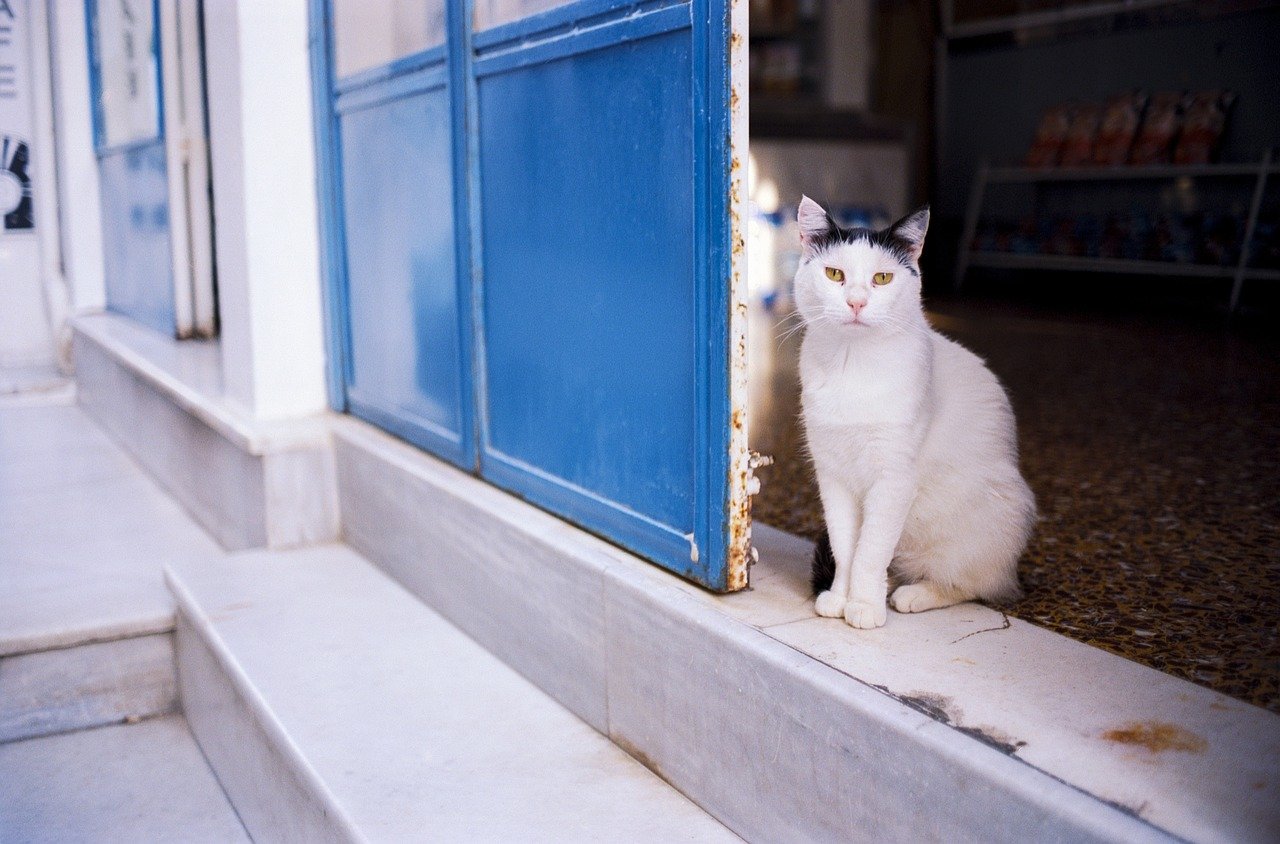
Cats crave control over their environment. A closed door takes that control away, forcing them to accept limitations. For a creature that likes to decide when to come and go, this can feel deeply frustrating. The more you try to enforce boundaries, the more determined your cat may become to break them. It’s a bit like telling a toddler “no” — sometimes, it only makes them want it more.
Heightened Senses at Play
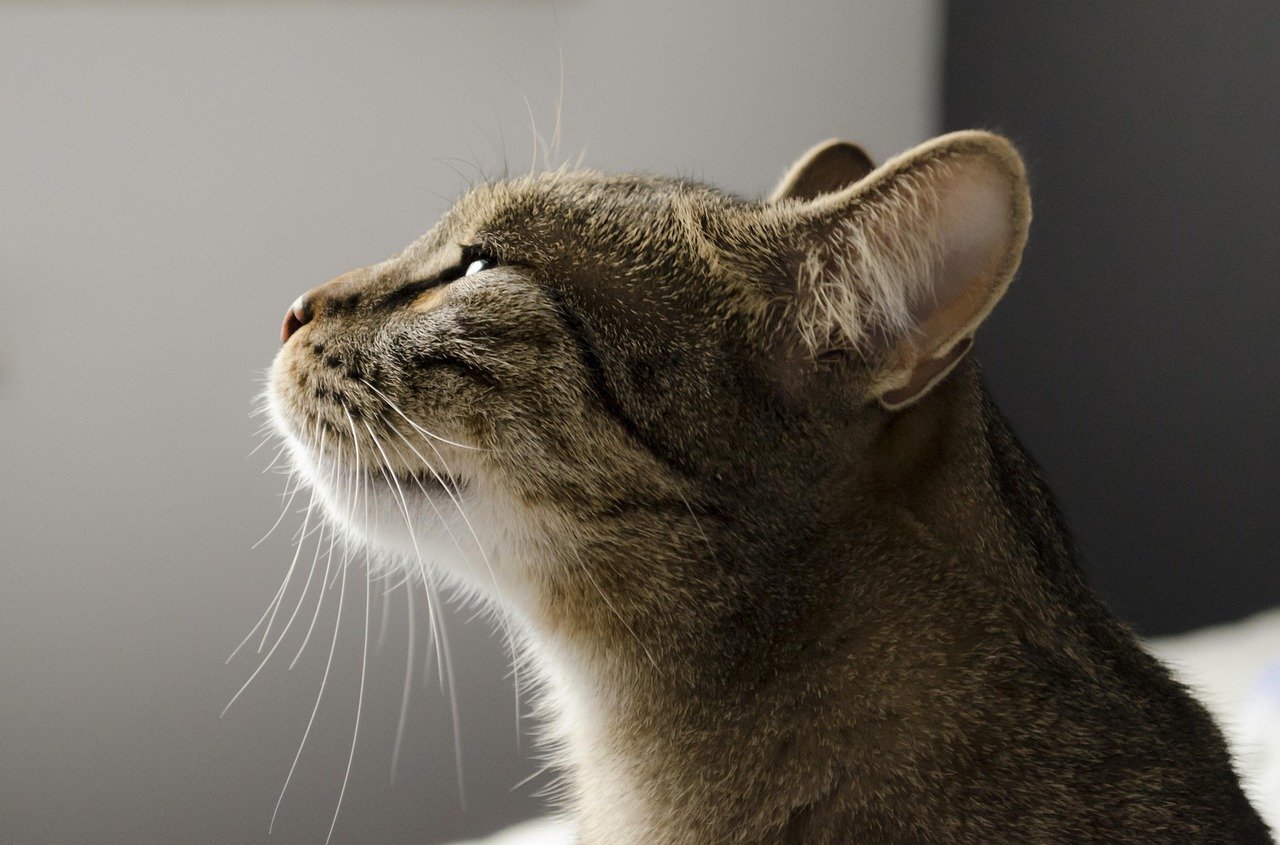
A cat’s senses are incredibly sharp. They can hear the faintest sounds and smell things we’d never notice. When a door is closed, their acute hearing picks up noises from the other side, and their noses detect scents drifting underneath. This sensory overload makes them desperate to investigate. Imagine knowing a party is happening just on the other side of the wall — wouldn’t you want in?
Social Bonds and FOMO

Many people think of cats as solitary animals, but that’s only half the story. Cats form strong social bonds, not only with humans but sometimes with other pets. If you and your family are gathered in a room with the door closed, your cat may feel left out — classic “fear of missing out,” or FOMO. They want to be where the action is, even if that action is just binge-watching TV.
Routine and Predictability

Cats are creatures of habit. They thrive on routine and predictability. If a door that’s usually open is suddenly closed, it can send your cat into a spiral of confusion. They may worry that something is amiss in their world. This disruption of the norm can spark anxiety and a strong urge to restore things to their proper order.
Natural Hunting Instincts

A closed door can trigger a cat’s hunting instincts. The barrier becomes a challenge, almost like prey hiding out of reach. Scratching or pawing at the door mimics the actions they’d use to dig or reach for an animal in the wild. For some cats, the door isn’t just a barrier — it’s a target for their natural predatory behaviors.
Seeking Comfort and Safety
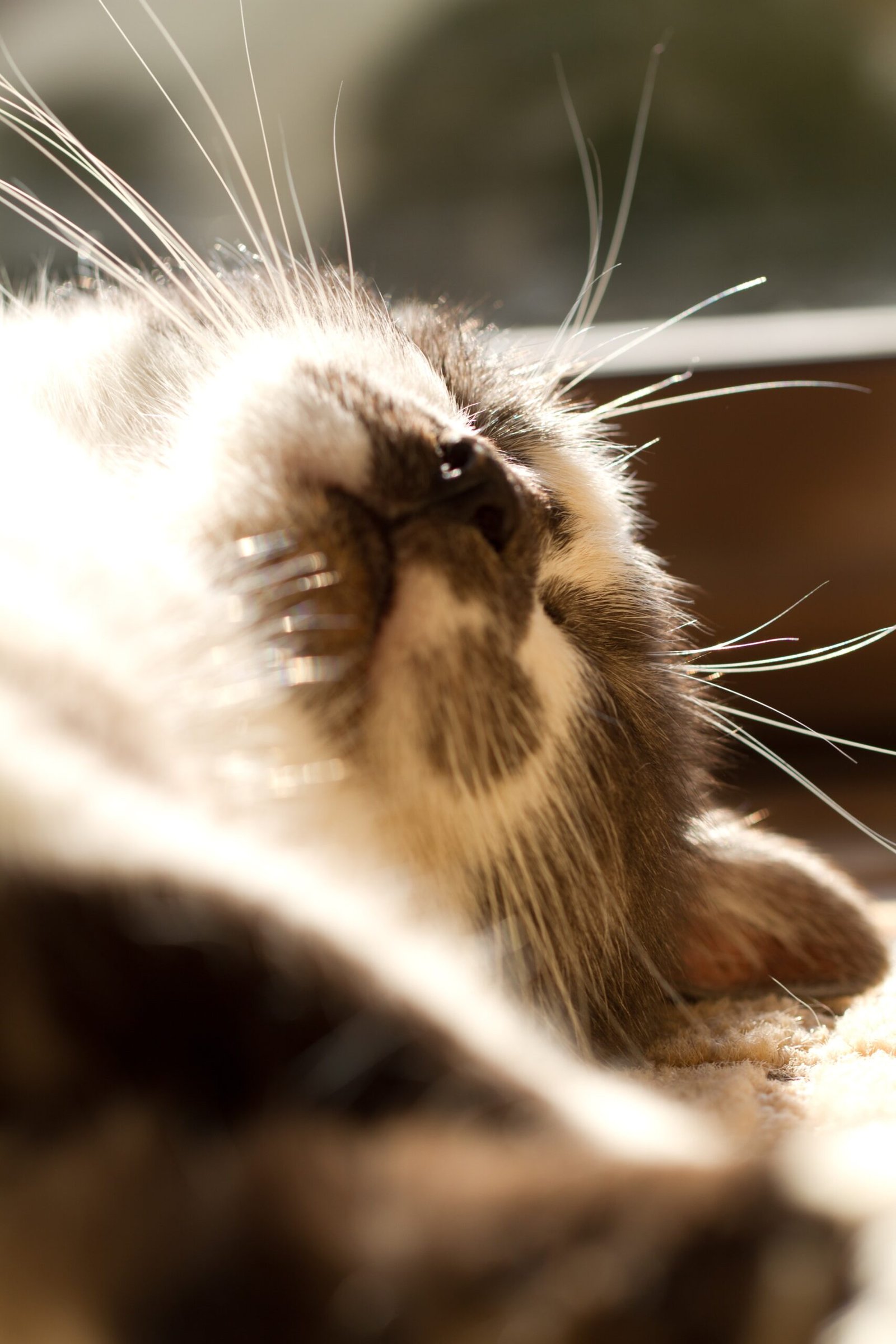
Sometimes, a closed door simply means your cat can’t reach their safe spot. Maybe their favorite blanket or cozy corner is just out of reach. Cats seek comfort in familiar places, and when that comfort is denied, they can become distressed. The door stands between them and their sense of security.
Attention-Seeking Behavior

Let’s be honest: cats are masters at getting our attention. If they learn that scratching or meowing at a door gets you to respond, they’ll keep doing it. Whether they want food, playtime, or just to be let in, closed doors become an easy way to make their wishes known. It’s their version of ringing a bell.
Dislike of Isolation

While some cats enjoy solitude, most dislike being shut off from their humans for long periods. If you’re behind a closed door, your cat may feel isolated and anxious. This is especially true if you have a close bond. The closed door separates them from their social world, which can feel unsettling.
Marking Territory
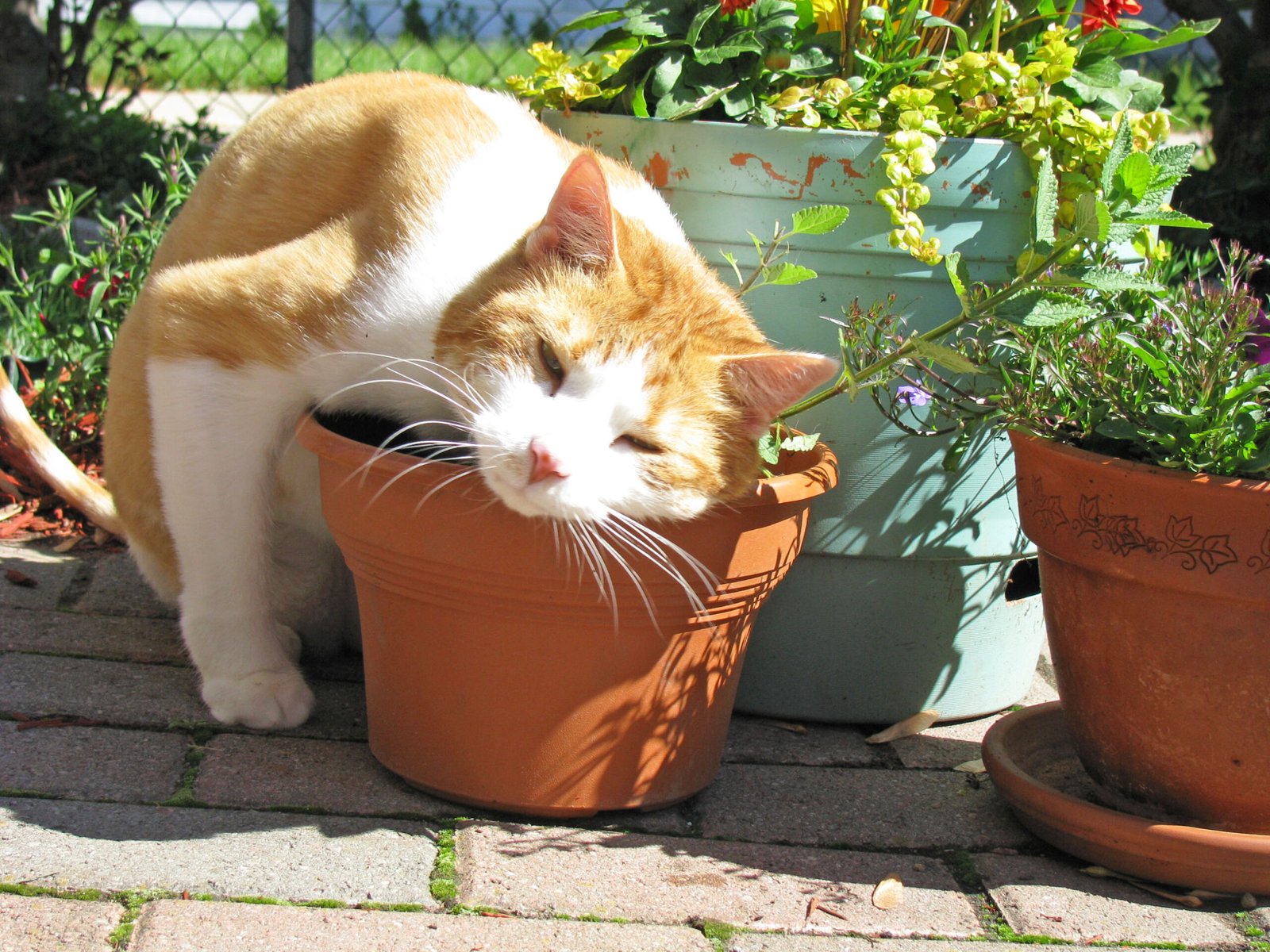
Closed doors can prompt cats to mark their territory. You might notice your cat rubbing their face or body against the door, leaving behind scent markers. This is their way of reclaiming the blocked space as part of their domain. Scratching can also serve this purpose, as cats have scent glands in their paws.
Habitual Curiosity (It Never Ends)

Cats never really outgrow their curiosity. Even if they’ve seen what’s behind a door a thousand times, the possibility that something has changed keeps them coming back. Each time the door is shut, it’s a new mystery to solve. This endless cycle of curiosity keeps them active and engaged.
Boredom Busters
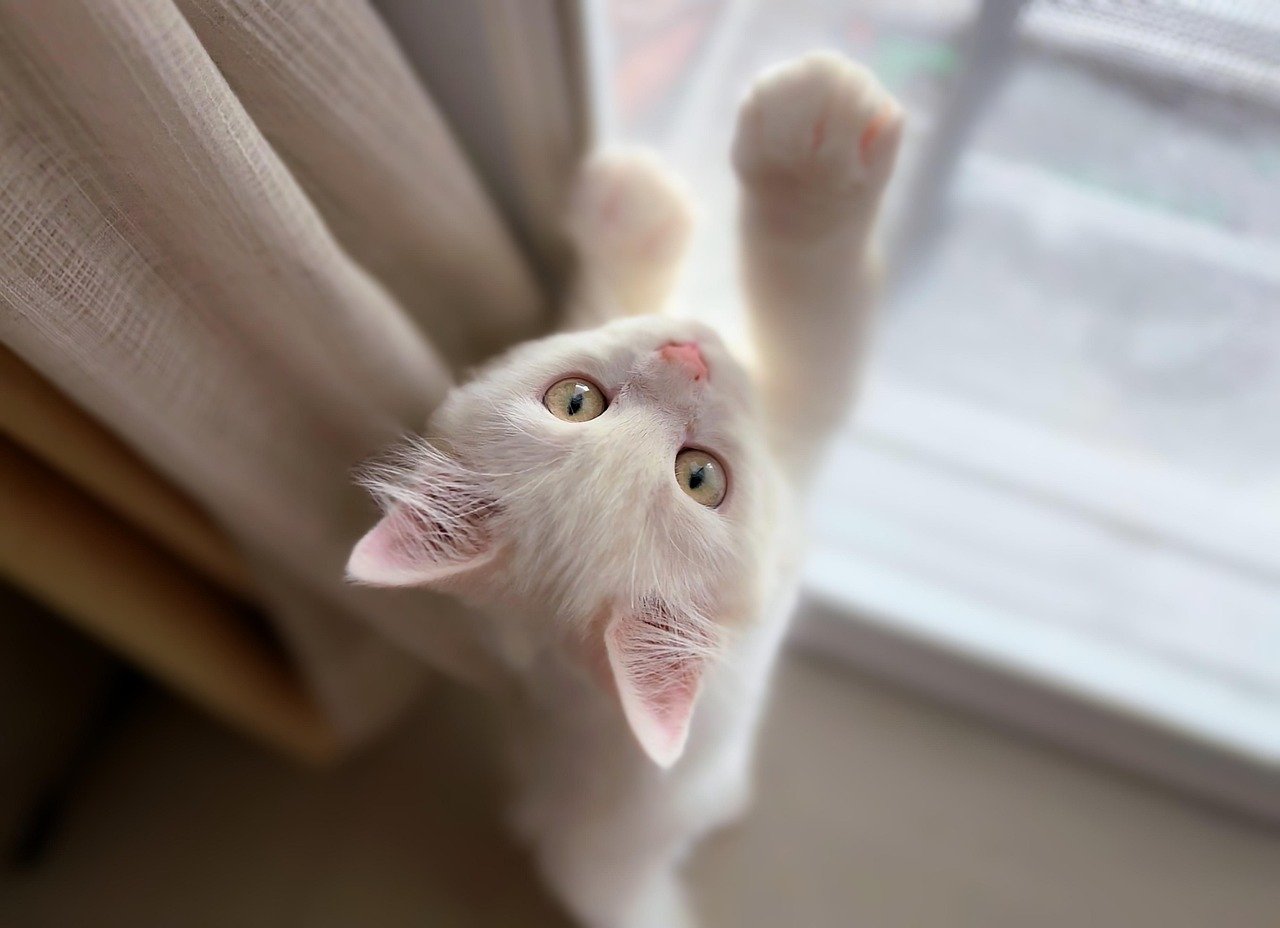
Closed doors can become the ultimate boredom buster. If your cat is feeling restless or under-stimulated, trying to open a door becomes a game. The challenge of getting you to open it provides mental and physical stimulation. It’s a bit like solving a puzzle, and cats love a good puzzle.
Imitation and Learned Behavior

Cats are observant creatures. If they see you opening and closing doors all the time, they may try to imitate you in their own feline way. They learn that doors are objects of interest and may develop habits around them. Some clever cats even figure out how to open doors by themselves.
Noise and Vibrations
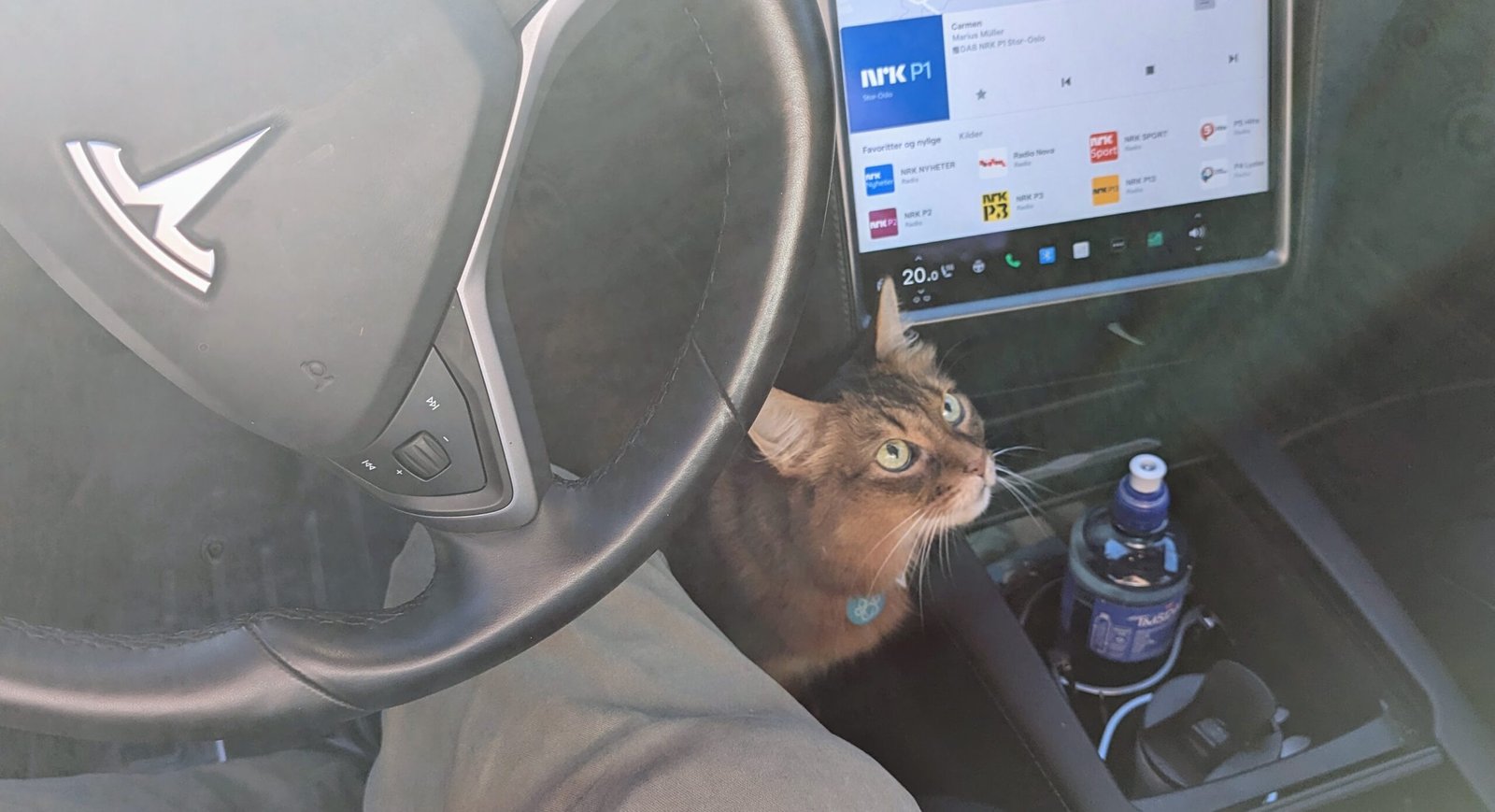
Doors make interesting sounds and vibrations, especially when they close or open. These noises can intrigue cats, prompting them to investigate. Even a slight rattle or a creak can draw their attention, making the door seem like a living, breathing thing worth exploring.
Protecting Their Humans

Some cats feel a need to keep an eye on their humans at all times. A closed door gets in the way of their self-appointed job as guardian. By trying to get through, they’re simply making sure you’re safe — and perhaps making themselves feel more secure in the process.
Environmental Changes

If you’ve recently moved or rearranged your home, your cat may become particularly obsessed with closed doors. New environments heighten their need to explore and claim territory. Every door becomes an opportunity to learn more about their changed surroundings.
Temperature Preferences

Cats are sensitive to temperature. A closed door can block access to a cooler or warmer room, depending on their preference at the moment. They may want to move freely to regulate their body temperature, and a door in the way throws off their comfort.
Unpredictable Human Behavior

From a cat’s perspective, humans can be unpredictable. Sometimes doors are open, sometimes closed, and there seems to be no rhyme or reason. This inconsistency can be both confusing and motivating for your cat, fueling their need to check things out every time.
Playful Personalities
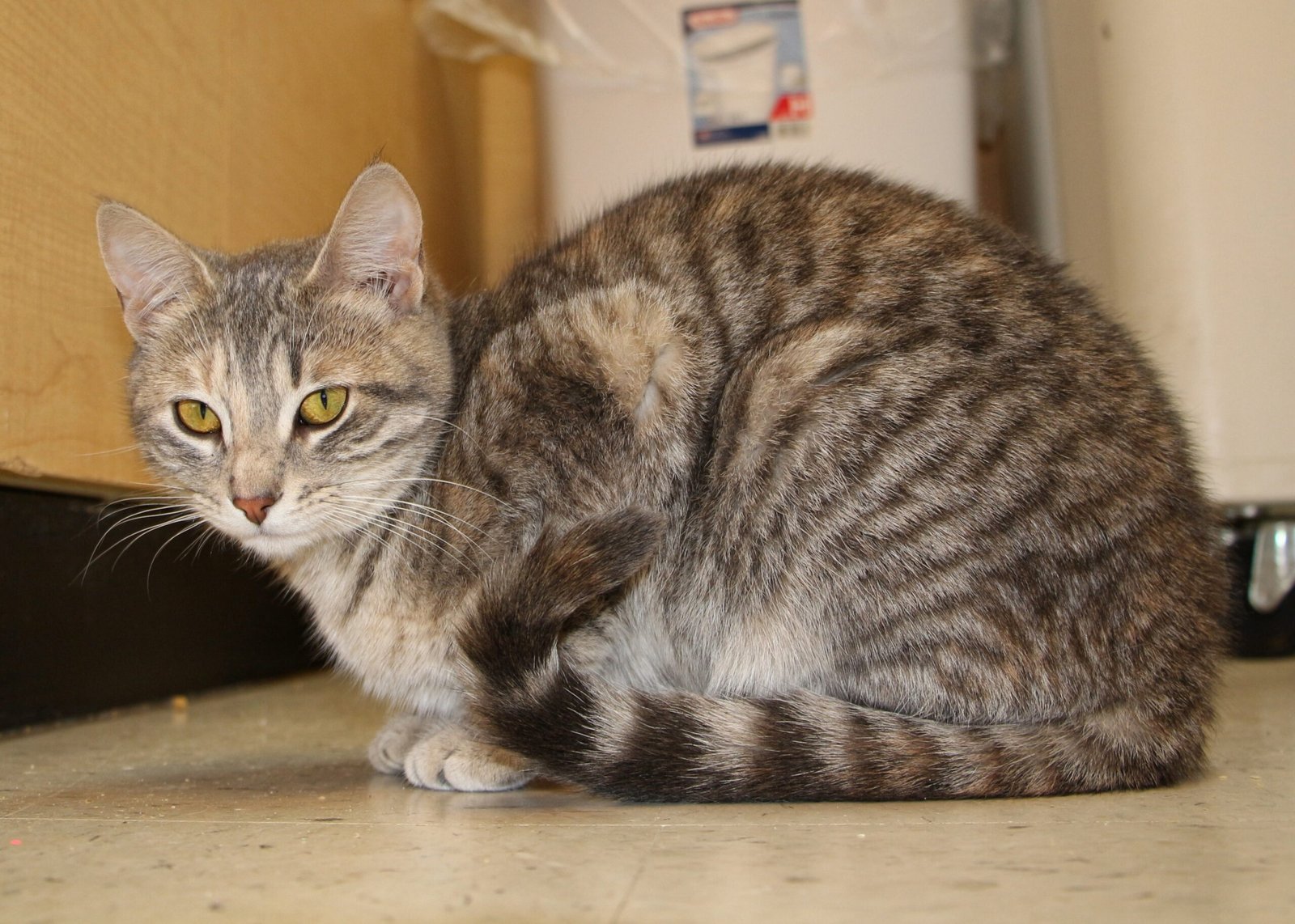
Finally, some cats are just plain playful. For them, a closed door is not just a barrier but a source of entertainment. They may enjoy the challenge of getting your attention, the noise of their paws against the wood, or simply the thrill of the unknown. Their playful spirits turn a simple door into their very own adventure.
The many reasons why cats hate closed doors all come back to one thing: their deep, complex personalities. From curiosity and comfort to control and play, our feline friends remind us daily that they are far more than just pets — they’re mysterious, opinionated, and endlessly fascinating companions.
Hi, I’m Bola, a passionate writer and creative strategist with a knack for crafting compelling content that educates, inspires, and connects. Over the years, I’ve honed my skills across various writing fields, including content creation, copywriting, online course development, and video scriptwriting.
When I’m not at my desk, you’ll find me exploring new ideas, reading books, or brainstorming creative ways to solve challenges. I believe that words have the power to transform, and I’m here to help you leverage that power for success.
Thanks for stopping by, Keep coming to this website to checkout new articles form me. You’d always love it!




